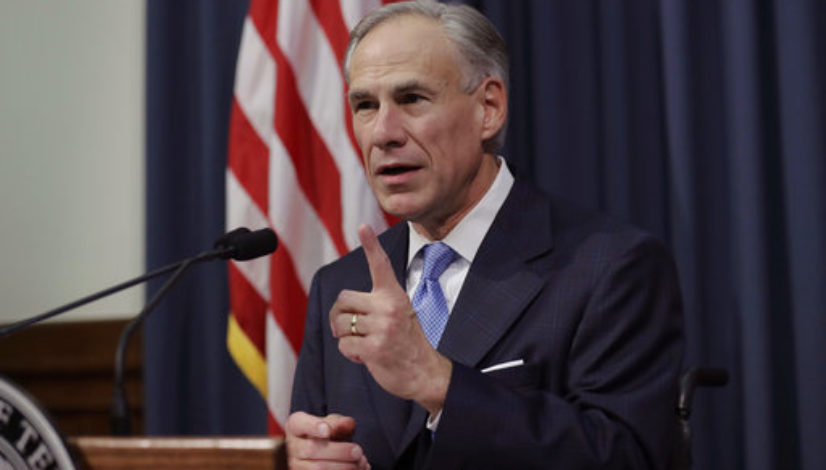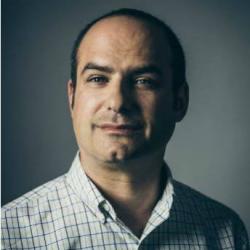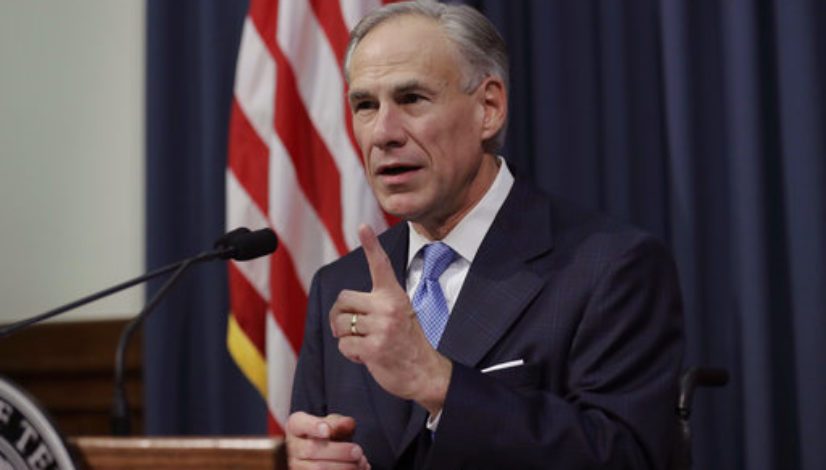Cannabis industry group says Texas gov undermined long-awaited medical marijuana program

Published: Aug 24, 2017, 1:54 pm • Updated: Aug 24, 2017, 4:44 pm
By Neal Pollack, The Cannabist Staff
A “private edict” issued by Texas Gov. Greg Abbott “substantially weakened” the state’s nascent medical marijuana program, according to a cannabis business trade group.
The accusation was leveled by the Texas Cannabis Industry Association (TCIA) in an August 10 letter sent to Abbott and the Texas Department of Public Safety (DPS), the agency tasked with implementing the program.
TCIA alleges in the letter that DPS acted in bad faith by assigning just three licenses to grow and distribute medical marijuana following “behind-the-scenes input” from Abbott.
DPS had announced in September 2015 that it would be issuing 12 medical marijuana licenses based on the number of patients in Texas that would qualify for the program — nearly 150,000, according to TCIA. Then, in October 2016, the agency announced without explanation that only three licenses would be distributed — the minimum number of licenses allowed by the law. The agency also tacked on a requirement that state troopers be on-site at dispensaries 24/7, raising the cost of those three licenses from under $10,000 each to $1.3 million each.
TCIA’s letter alleges that the decision to lower the number of licenses from 12 to three was prompted by Abbott’s “privately proposed” changes.
The allegation is backed up by a November 28, 2016 email obtained by The Cannabist from Texas DPS Regulatory Services Division to medical marijuana license applicants. In response to applicants’ questions about the October 2016 rule changes, DPS wrote:
“The reduction in the number of licenses to three (from twelve), and the presence of DPS troopers on the premises of dispensing organizations, were requested by the Office of the Governor.”
The DPS email also attributes the “majority” of the increase in license costs to the reduction in the number of licenses and the presence of troopers.
Abbott signed off on legislation, known as the the Compassionate Use Program (CUP), after it was passed by the state legislature in May 2015, but declared that medical marijuana would go no further than the law, which serves only patients with intractable epilepsy — mostly children. Patients are required to get the approval of two qualified doctors to be allowed to purchase low-THC, high-CBD cannabis products.
Related stories
- Video shows Texas cop removed woman’s pants for weed search
- A plea from Texas to Willie Nelson: Your influence is needed in fight to legalize weed
- Texas’ ‘second-chance’ bill would seal some criminal records, including weed possession
- A frantic push for medical marijuana in Texas, bureaucratic heartbreak and renewed resolve
- In Texas, veterans and conservative Christian moms rally for medical marijuana
Following a December 2016 hearing, DPS upheld the three-license limit but removed the mandatory police presence requirement and lowered the licensing feeto $488,520 for a two-year license and $318,511 for a two-year renewal. Those fees remain the highest charged for a medical marijuana license by any state in the country, according to advocates.
Abbott’s office did not return The Cannabist’s request for comment.
Texas DPS is violating the legislative intent of the medical marijuana law it was tasked to implement, said Elizabeth Nichols, chairman of TCIA’s board of directors. In addition, by not showing how and why they decided to reduce the number of licenses form 12 to three, the agency also may be in violation of the state’s own Administrative Procedure Act (APA), she told The Cannabist.
“They provided no additional information,” she said of the decision. “No basis, no reasoning, no logic.”
TCIA’s letter also outlines what the group sees as serious flaws in the application process for those three medical marijuana licenses.
When DPS opened the application process at the beginning of March, it gave businesses just 30 days to complete the application, even while the agency made multiple substantive changes to the process, the letter alleges.
The changes caused confusion to ripple through the process, Nichols said. “Applicants were contacting DPS to ask for clarification, getting different answers on how to complete or fill out their applications.”
The agency also changed the application review process after the April 1 filing deadline, leading to “capricious” scoring of the 43 license applications received, Nichols said.
The original review process was to have multiple reviewers read the entire application and show their scoring, she said, “Like you’re supposed to show your work in math when you’re in school.”
DPS instead assigned reviewers to read components of the applications, with some parts only reviewed by one person, she said.
Given the shifting standards and the limited number of licenses available, it’s no surprise that most applications were rejected. And under state law, rejected applicants have the right to file an appeal. But there’s an additional catch for those companies: The issued licenses are “preliminary,” so DPS hasn’t officially sent out rejection letters.
“Everyone is in limbo,” Nichols said. “We can’t appeal because we haven’t been officially rejected yet.”
Meanwhile, the September 1 deadline to issue final licenses to the three cannabis businesses that made the cut remains in doubt, according to an official statement DPS provided to The Cannabist.
“The applicants must comply with the safety, security, cultivation and processing requirements,” DPS wrote. “We have conducted preliminary inspections and will continue to work with the top three applicants to determine whether they will be issued dispensing organization licenses.”
TCIA decided to send their letter to DPS and the governor after months of deliberation — and frustration. But the group’s leadership said it doesn’t plan to take legal action yet because they still want to work with the state to improve CUP.
The business group — comprised mostly of members based outside of Texas — has the know-how to help the state effectively implement the medical marijuana program, TCIA board member Leslie Bocksor told The Cannabist.
Nichols, for instance, is an attorney in the Oklahoma City area who says she has “cannabis investments in Colorado, in ancillary businesses that don’t touch the plants.” Bocksor is a Las Vegas cannabis entrepreneur who advised Pennsylvania on implementation of its medical marijuana program, and has a contract to develop a medical marijuana program in Louisiana.
“I think (Texas) did a very good first attempt and fell short on other areas,” Bocksor said. “Where they fell short, I think we could help them improve it. We’ve seen it in every other jurisdiction.”
Texas state government and cannabis entrepreneurs need to work together to bring this new industry into the light, he added. In a state like Texas — long on law enforcement and short on liberal social policy — that work will take time.
“Dealing with the convergence of policy needs and political realities is very hard,” Bocksor said. “It’s always easier to do too little rather than too much, especially on cannabis. From their perspective, they see it as a hot button issue. Texas is a conservative state — they’re trying to go too slow and take the temperature, rather than go too fast and find themselves out of work.”
He believes Texas should ask industry leaders, who have the data necessary to implement a successful medical marijuana program, for help.
“My hope,” he said, “is that DPS will be thankful for this letter. It will give them a path to be able to engage with the industry, to see this as an opportunity to do it differently.”
Asked for a response to the TCIA’s letter, the DPS was less optimistic: “We have nothing to provide.”
Read the letter from the TCIA to the DPS
TCIA Coalition Letter to DPS Texas 8/10/17 (PDF)
TCIA Coalition Letter to DPS Texas 8/10/17 (Text)
Topics: Greg Abbott, medical marijuana, Texas, Texas Compassionate Use Act  Neal Pollack
Neal Pollack
Neal Pollack is The Cannabist’s Texas Correspondent. He’s also a three-time Jeopardy! champion, a 10-time book author, and the co-host, with his teenage son Elijah, of the Audible Original podcast Extra Credit. He lives in…




